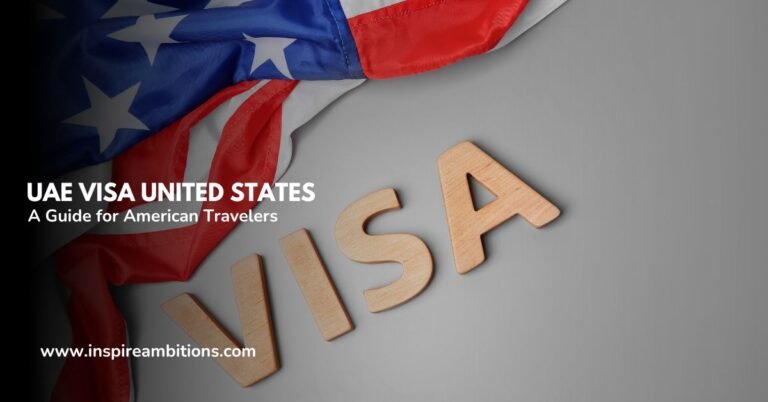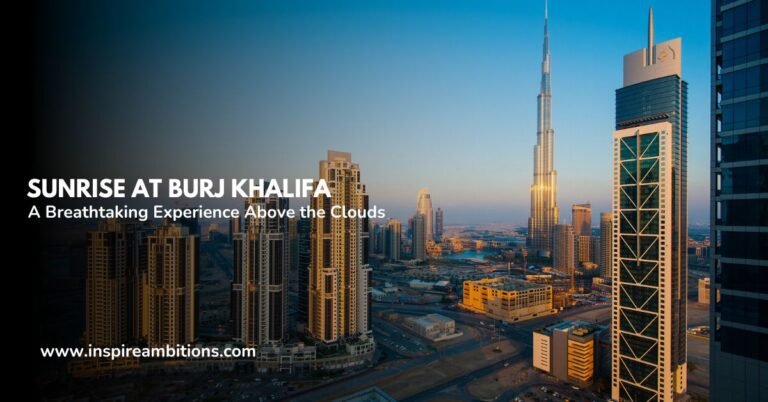How Does Sharjah Make Money? Exploring the Emirate’s Economic Landscape
Sharjah, one of the seven emirates of the United Arab Emirates (UAE), plays a significant role in the country’s economic landscape. Despite being lesser known than its neighbour Dubai, Sharjah has a thriving economy that contributes substantially to the UAE’s overall GDP.
In this article, we’ll explore how Sharjah generates its revenue and examine the emirate’s economic position within the UAE.
Is Sharjah a Rich Country?
Before we delve into Sharjah’s economy, it’s essential to clarify that Sharjah is not a country but an emirate within the UAE. While Sharjah may not be as wealthy as Abu Dhabi or Dubai, it still boasts a substantial and diversified economy.
The emirate’s GDP per capita is among the highest in the region, and its strategic location and business-friendly policies have attracted numerous international companies.
The Economic Landscape of Sharjah
Sharjah’s economy is built upon a foundation of various sectors, including industry, services, real estate, tourism, and education. The emirate has implemented several economic development strategies to promote growth and diversification, such as establishing free zones and investing in infrastructure projects.
Industrial Sector
Sharjah has several industrial areas, including the Sharjah Airport International Free Zone (SAIF Zone) and the Hamriyah Free Zone. These areas host various industries, from manufacturing and logistics to healthcare and technology.
The industrial sector significantly contributes to Sharjah’s GDP, with the emirate focusing on attracting high-value industries and promoting innovation.
Tourisme
Sharjah’s rich cultural heritage and modern attractions and events have made it a popular destination for tourists. The emirate boasts numerous museums, art galleries, and historical sites, such as the Sharjah Museum of Islamic Civilization and the Al Noor Mosque.
Eco-tourism is also gaining popularity, with the Wasit Wetland Centre and the Mleiha Archaeological Centre drawing visitors interested in nature and history. The annual Sharjah International Book Fair and the Sharjah BienniArt Exhibitionion further contribute to the emirate’s tourism revenue.
Education and Research
Sharjah has positioned itself as a hub for education and research, with several renowned universities and institutes in the emirate. The University of Sharjah, the American University of Sharjah, and the Sharjah Institute for Medical Research are just a few examples.
These institutions attract students from around the so-and-so to contribute to the local economy through research partnerships and knowledge-based industries.
Real Estate and Construction
The real estate and construction sectors have experienced significant growth in Sharjah, driven by the emirate’s expanding population and economic development.
Sharjah’s government has invested in several large-scale infrastructure projects, including developing the Sharjah Waterfront City and the Tilal City. These projects have created jobs, attracted investors, and contributed to the emirate’s overall economic growth.
What is the Average Salary in Sharjah, UAE?
According to recent data, the average monthly salary in Sharjah is around AED 8,000 (approximately USD 2,200). However, salaries vary significantly depending on the sector, position, and experience level. For example, professionals in the oil and gas or the financial sector may earn higher salaries than those in the service or retail industries.
Which Emirate is the Strictest?
Sharjah is known for its more conservative policies than other emirates in the UAE. The emirate follows a strict interpretation of Islamic law, which influences its cultural and legal landscape.
For example, alcohol is prohibited in Sharjah, and dress codes are more conservative than in Dubai or Abu Dhabi. While these policies may seem strict to some expats, they have not hindered Sharjah’s economic growth or its ability to attract international businesses and investors.
How to Become Rich in UAE?
For those looking to build wealth in Sharjah or the UAE, there are several strategies to consider. One popular option is to start a business in one of Sharjah’s free zones, which offer tax incentives and streamlined setup processes.
Investing in real estate is another potential path to wealth, as the emirate’s growing population and economic development have created a strong demand for housing and commercial properties. Additionally, professionals with in-demand skills, such as those in the technology or healthcare sectors, may find lucrative job opportunities in Sharjah.
Where Did UAE Get All Its Money?
The UAE’s wealth can be traced back to the discovery of oil in the 1950s and 1960s. The country’s oil reserves have played a significant role in its economic development, providing the capital needed to invest in infrastructure, education, and diversification efforts.
While Sharjah’s oil reserves are more limited than Abu Dhabi’s, the emirate has benefited from the UAE’s overall oil wealth and has used it to develop other sectors of its economy.
How Many Millionaires Are There in Sharjah?
According to a recent New World Wealth report, approximately 3,400 millionaires (individuals with net assets of $1 million or more) live in Sharjah. This number has grown steadily, driven by the emirate’s solid economic performance and attractive business environment.
Factors such as Sharjah’s tax-free status, strategic location, and investor-friendly policies have contributed to the accumulation of wealth among its residents.
The Future of Sharjah’s Economy
Looking ahead, Sharjah is well-positioned for continued economic growth and diversification. The emirate has several ambitious projects in the pipeline, such as the Sharjah Research, Technology, and Innovation Park (SRTI Park), which aims to foster regional innovation and entrepreneurship.
Additionally, Sharjah’s government has committed to investing in sustainable development initiatives, such as renewable energy and eco-friendly transportation, which could create new opportunities for businesses and investors.
However, like any economy, Sharjah is not immune to external factors that could impact its growth and stability. The ongoing COVID-19 pandemic, for example, has had a significant impact on the global economy, and Sharjah has not been spared.
The emirate’s tourism and retail sectors have been particularly affected, and the government has implemented various measures to support businesses and individuals during this challenging time.
Despite these challenges, Sharjah’s diversified economy and strong fundamentals suggest that the emirate is well-equipped to weather the storm and emerge even stronger.
As the world begins to recover from the pandemic, Sharjah’s strategic location, business-friendly policies, and commitment to innovation and sustainability will likely make it an increasingly attractive destination for investors and businesses.
Interactive Map: Explore Sharjah’s Key Economic Zones
Discover the locations and key features of Sharjah’s main economic zones, including free zones, industrial areas, and business districts, with our interactive map.
Conclusion
In conclusion, Sharjah’s economy is diverse and dynamic, built upon a foundation of industry, services, real estate, tourism, and education. By fostering a business-friendly environment, investing in infrastructure and innovation, and leveraging its strategic location, Sharjah has established itself as a critical player in the UAE’s overall economic landscape.
As an expat living in Sharjah or considering moving to the emirate, understanding the various factors contributing to its economy can help you make informed decisions about your career, investments, and overall financial well-being.
By staying attuned to Sharjah’s latest economic trends and opportunities, you can position yourself for success in this vibrant and growing emirate.
Expat Insights: Navigating Sharjah’s Business Landscape
Hear from expats who have started businesses or built successful careers in Sharjah as they share their experiences, challenges, and advice for thriving in the emirate’s unique economic environment.






